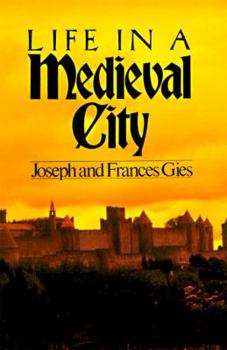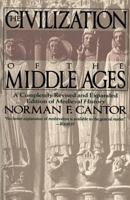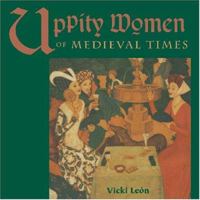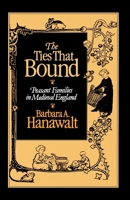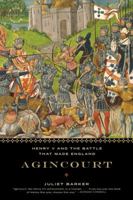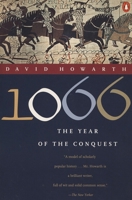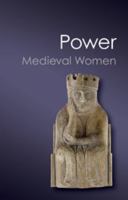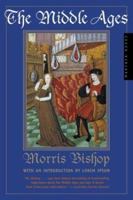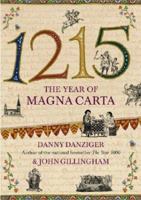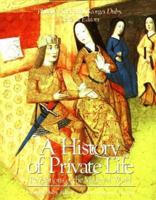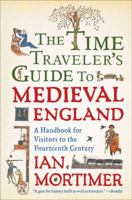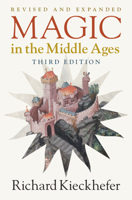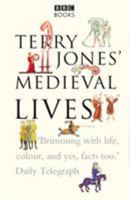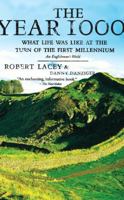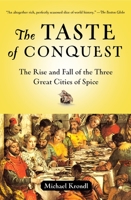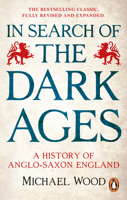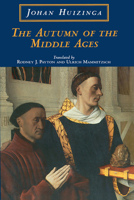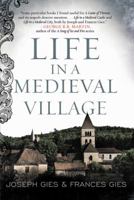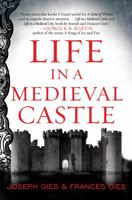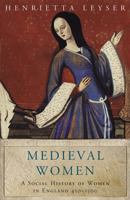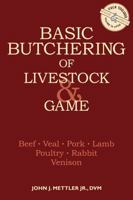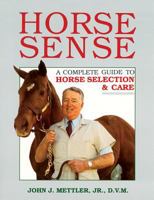Life in a Medieval City
Select Format
Select Condition 
You Might Also Enjoy
Book Overview
Customer Reviews
Rated 5 starsAs reliable as a time machine..
I didnt know what exactly to expect as i went into this book. All i really aimed for was getting an insightful account on how living in a medieval city would be and had no idea how an author would go about presenting this. Having mentioned that, "Life in a Medieval City" exceeded my expectations and then some! It's a brilliant and carefully detailed book on how the every day routine rolled around the 11th century in the city...
2Report
Rated 5 starsHistory made accessible
First of all, the authors set out to simply enlighten the modern reader as to the daily life of a Medieval city-dweller. They had no hidden agenda, just the report of the facts, as best as they could determine from existing documents and sources. Their work represents a fairly accurate representation of what life might have been like for the average city dweller during the Middle Ages.Second, they focus on one, particular...
1Report
Rated 5 starsBest on subject.
I have been researching the Middle Ages for a number of years and this is one of the most even -handed books I have come across. The authors are researchers par excellence, and have presented their findings in an imminently readable form. If I were not already a student of the Middle Ages, however, I might have found the wealth of detail somewhat overwhelming and some of the terms and references obscure. This is a book...
2Report
Rated 5 starsAn intriguing book about life in the middle-ages.
I read this book out of curiosity and I am glad I picked it up. The book's description of Troyes is quite detailed, complete and at times truly engrossing. The authors cover most aspects of life in the middle-ages and provide some insight in the developments during that time, as well as their significance (although this isn't the book to read if you are mostly interested in detaileed, scholarly historical analyses of the...
2Report










